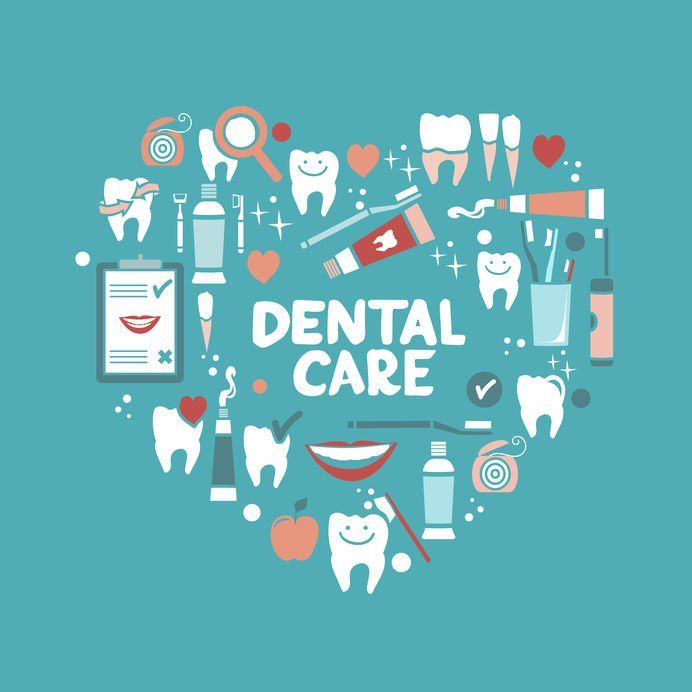Oral Hygiene and Your Health
- By Mary Marks
- •
- 19 Nov, 2020
- •

Brushing your teeth, flossing and visiting your dentist regularly keep our teeth and gums healthy, but according to a new study, oral hygiene is also extremely important for our overall health.
The mouth is a portal to the rest of the body and there is a link between bacteria and the inflammation that bacteria cause and a lot of other diseases - say the Colorado sedation dentist specialists.
Diabetes
A 2011 study found that dentists can identify people with diabetes 73% of the time, based on missing teeth and examining abnormal openings between teeth and gums. When doctors also considered the results of blood tests, the accuracy increased to 92%.
Heart disease
Several studies have linked periodontal disease, which is a chronic gum infection, with an increased risk of heart attack and stroke. The reason for this association is not very clear. Some researchers have suggested that bacteria in the mouth may find their way into the bloodstream.
Respiratory diseases
Bacteria in the mouth can reach the lungs, causing pneumonia or other serious respiratory illnesses. The risk of this happening is higher in people who have conditions that compromise their immune system.
Knee arthritis
A 2012 study suggested that oral bacteria may contribute to some cases of osteoarthritis of the knee and rheumatoid arthritis. But because the study's coverage has been limited, more research is needed to prove that bacteria in the mouth cause or worsen arthritis.





Although oral sedation dentistry Highlands Ranch is one of the optionsavailable for managing anxiety and discomfort during oral surgery, you certainly do not need to use it all the time. As a matter of fact, the exact type of sedation or anesthesia that you receive during oral procedures may depend on various factors, such as the complexity of the procedure, your medical problems, as well as your doctor’s preferences.
There can be several different levels of sedation that can be used in oral surgery. Local anesthesia is one of them. This involves injecting anesthetic medication into the specific area where the surgery will take place. It numbs the area and is often used for less invasive procedures.
Oral sedation involves taking medication in the form of a pill to induce a state of relaxation and drowsiness. The patient is still conscious, but he/she may not be fully aware of the procedure. At any rate, sedation helps him/her get rid of anxiety.
In the case of intravenous sedation, medication is administered through a vein, which induces a deeper state of sedation than oral sedation. Patients may still be conscious, but they are less aware of their surroundings and may not remember the procedure.





